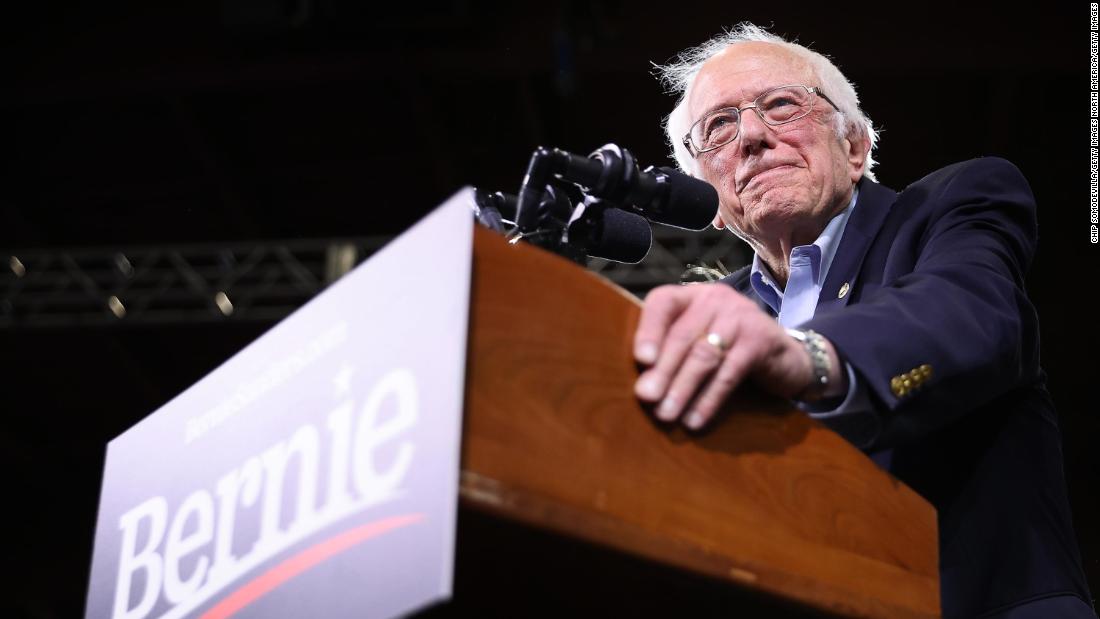Black voters: Indeed, it’s this very constituency — the base of the Democratic Party, the path to the nomination — that Sanders regularly struggles to make inroads with.
The reasons vary. But one explanation, surely, is this: Sanders has a messaging problem when it comes to courting black voters, particularly those who are middle-aged and older.
In a sense, these comments are merely a restatement of Sanders’ ambition of wresting power from the powerful — in this instance, from Biden, an icon of the old guard.
But ever since
Biden’s wins in South Carolina and
other states with heavy black electorates, Sanders’ invocation — obvious and subtle, deliberate and unintentional — of “the establishment” has become a microcosm of a bigger problem: the implication that anyone who isn’t with the senator isn’t for change, or just doesn’t get it.
Predictably, this posturing has struck a sour note for many black Americans. That’s in no small part because rhetoric of this sort registers as condescending and does little to demonstrate interest in earning black support; in understanding why black voters overwhelmingly back Biden.
Suggesting that black voters are counterrevolutionary because they don’t embrace his revolution does him no favors. A winning path forward lies not in the dismissal of these voters but in better outreach and sharper messaging. (Which might entail criticizing specific parts of the establishment — such as the pharmaceutical industry — rather than the broader Democratic Party, which many black voters, especially older ones, revere for its role in protecting hard-won civil rights).
Black voters aren’t insisting on centrism in the manner
white Americans tend to think of it. Neither are they banking on a big-ideas movement in a high-stakes election that may well keep President Donald Trump in the White House for another term. Rather, they’re shaping democracy in their own way —
by backing the person they believe can win come November.
This isn’t to say that Sanders hasn’t worked to improve his reception among black voters since 2016, when a similar problem loomed over his presidential campaign against former Secretary of State Hillary Clinton. His staff is
more diverse now than it was then. On occasion, he’s talked about his personal experience of oppression using language that
reveals a keener grasp of America’s many hierarchies and prejudices.
Still, the limitations of these efforts have been apparent.
“I don’t think that he has the relationships with our community that he should have,” Lawrence Moore, who was the South Carolina political director for Sanders’ 2016 campaign,
recently told CNN. “My impression is that Sanders doesn’t address black issues from the perspective of black people but rather from the perspective of his need to have us on board.”
Perhaps the best tack for Sanders has already been articulated by one of his most celebrated surrogates: New York Rep. Alexandria Ocasio-Cortez.
“In order for us to win, we have to grow. We must be inclusive. We must bring more people into this movement,”
the Democratic star said on Sunday at a Sanders rally in Michigan. “We must turn toward an embracing posture where all people are welcomed into a people’s movement.”
Only then can Sanders build an expansive coalition — become not me, us.


